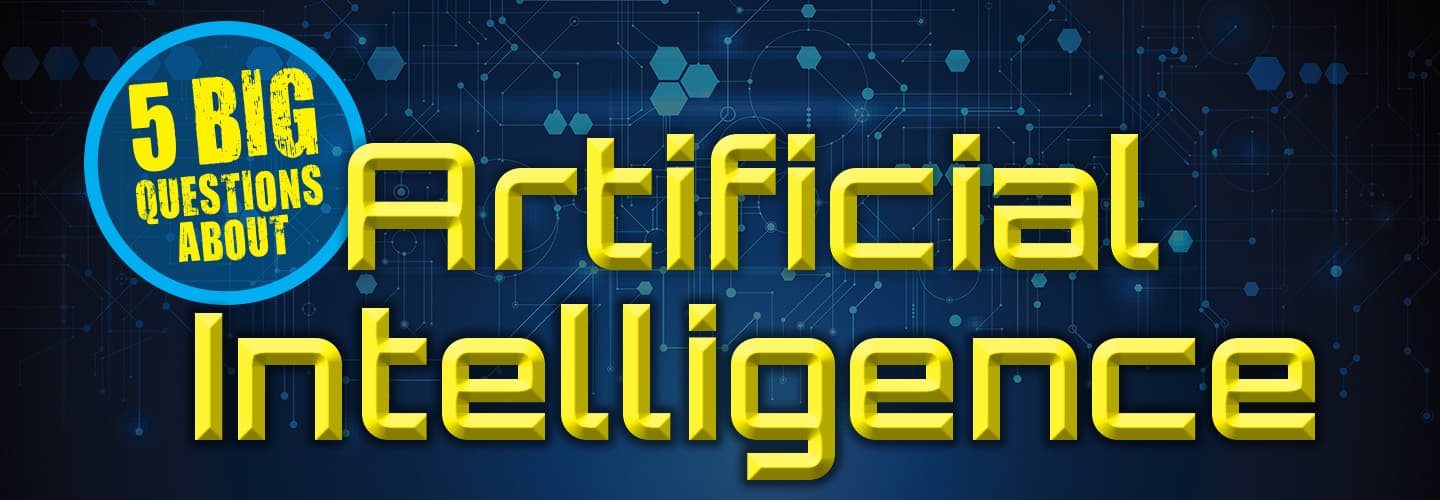It’s a technology that enables computers to do tasks that normally require human thought and problem-solving skills. It’s often referred to simply as AI.
You may not realize it, but AI is all around us. Map apps rely on it to help drivers avoid traffic. Sites like Netflix and Disney+ use it to recommend movies you might like. And when virtual assistants such as Apple’s Siri and Amazon’s Alexa understand your voice commands, that’s AI at work.
But chatbots are probably the type of AI you’ve heard about most.
It’s a kind of technology. It’s often referred to simply as AI. Artificial intelligence enables computers to do certain tasks. These tasks would normally require human thought and problem-solving skills.
You may not realize it, but AI is all around us. Map apps rely on it to help drivers avoid traffic. Sites like Netflix and Disney+ use it to recommend movies you might like. Virtual assistants such as Apple’s Siri and Amazon’s Alexa use it too. AI helps them understand your voice commands.
But chatbots are probably the type of AI you’ve heard about most.

